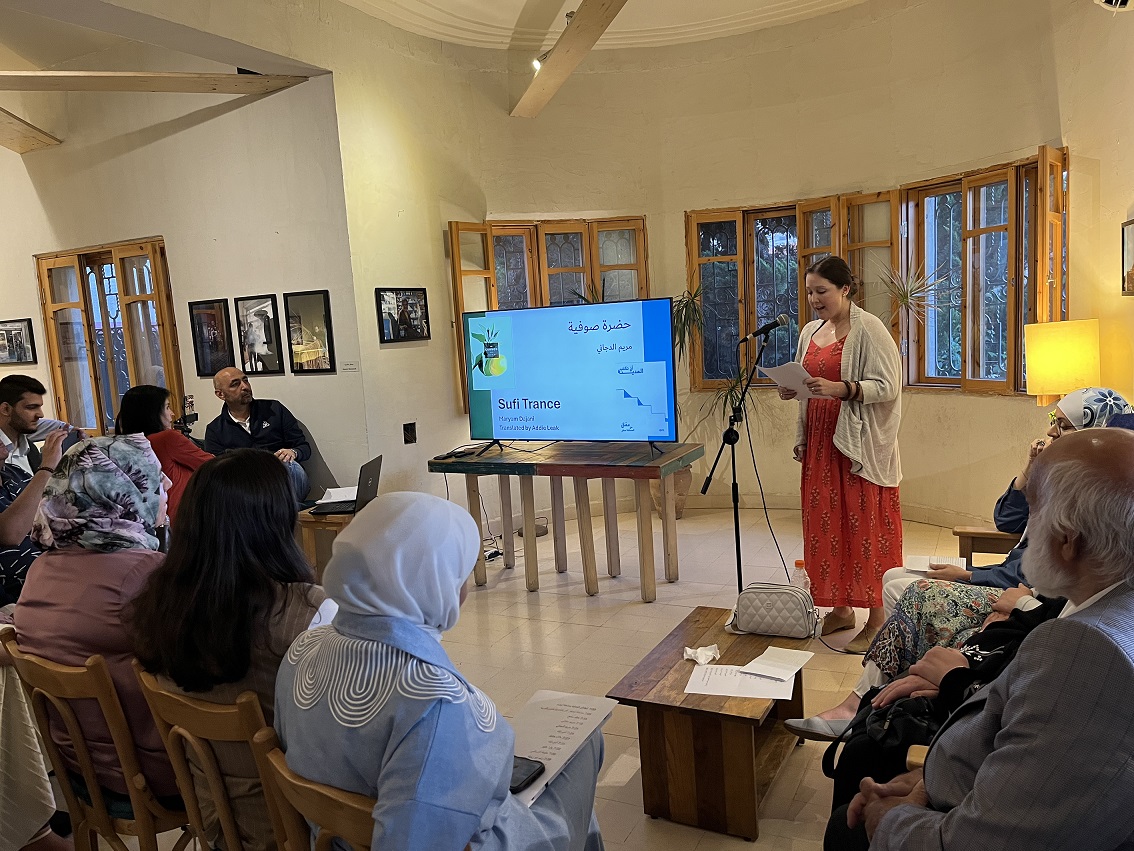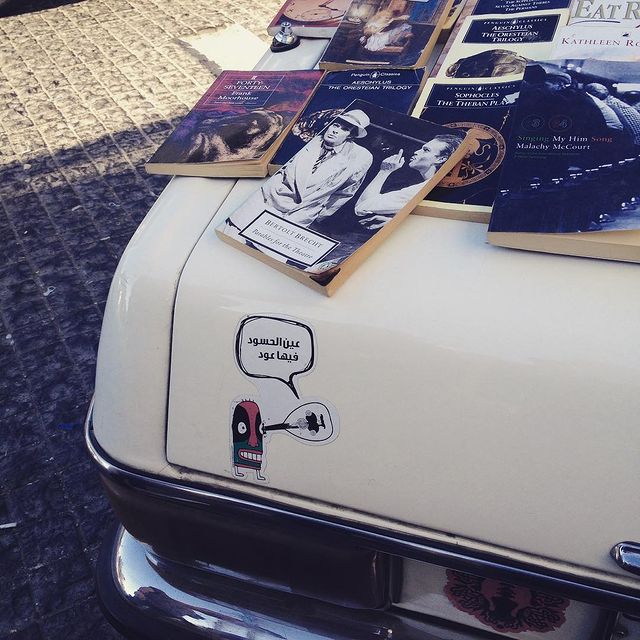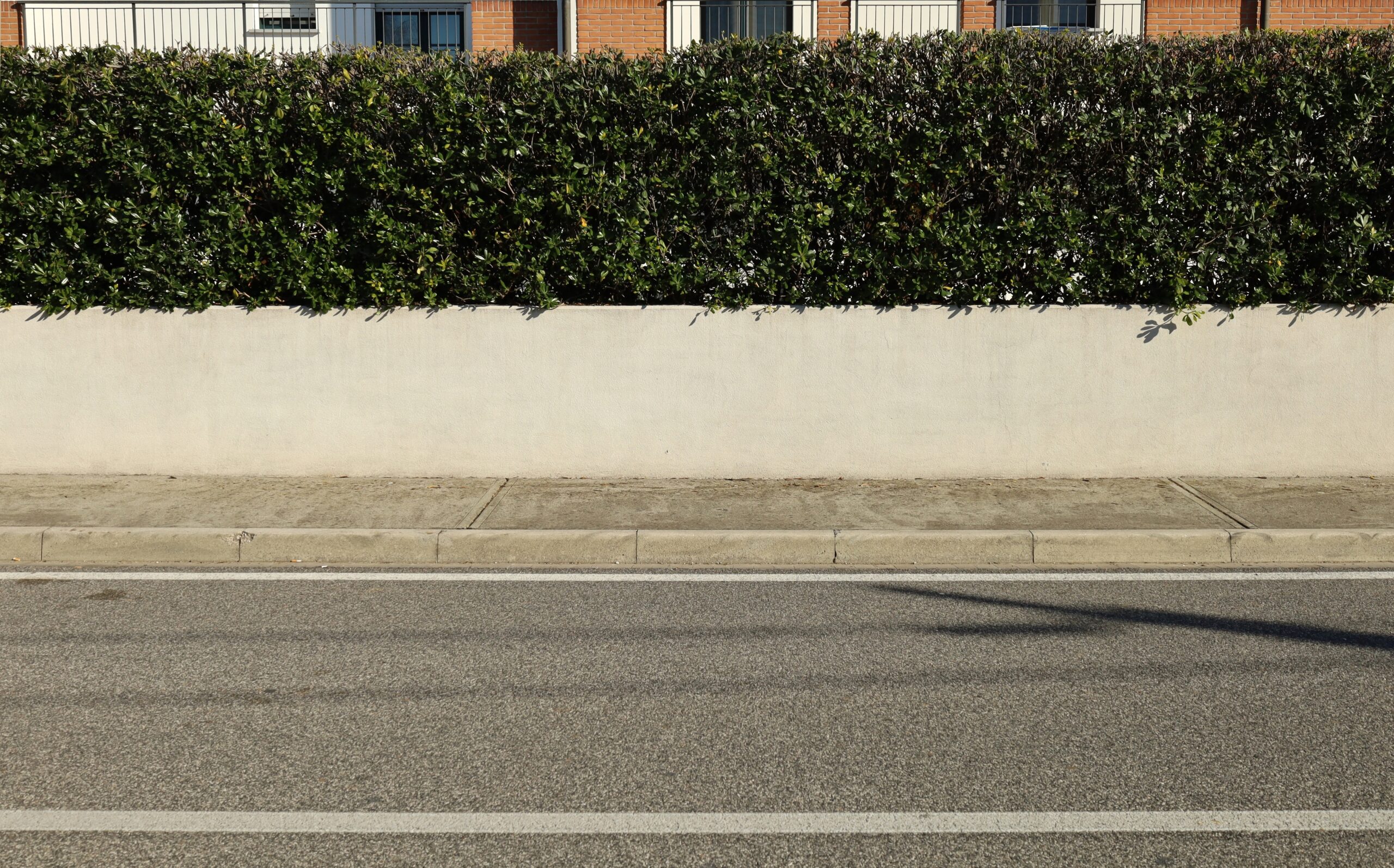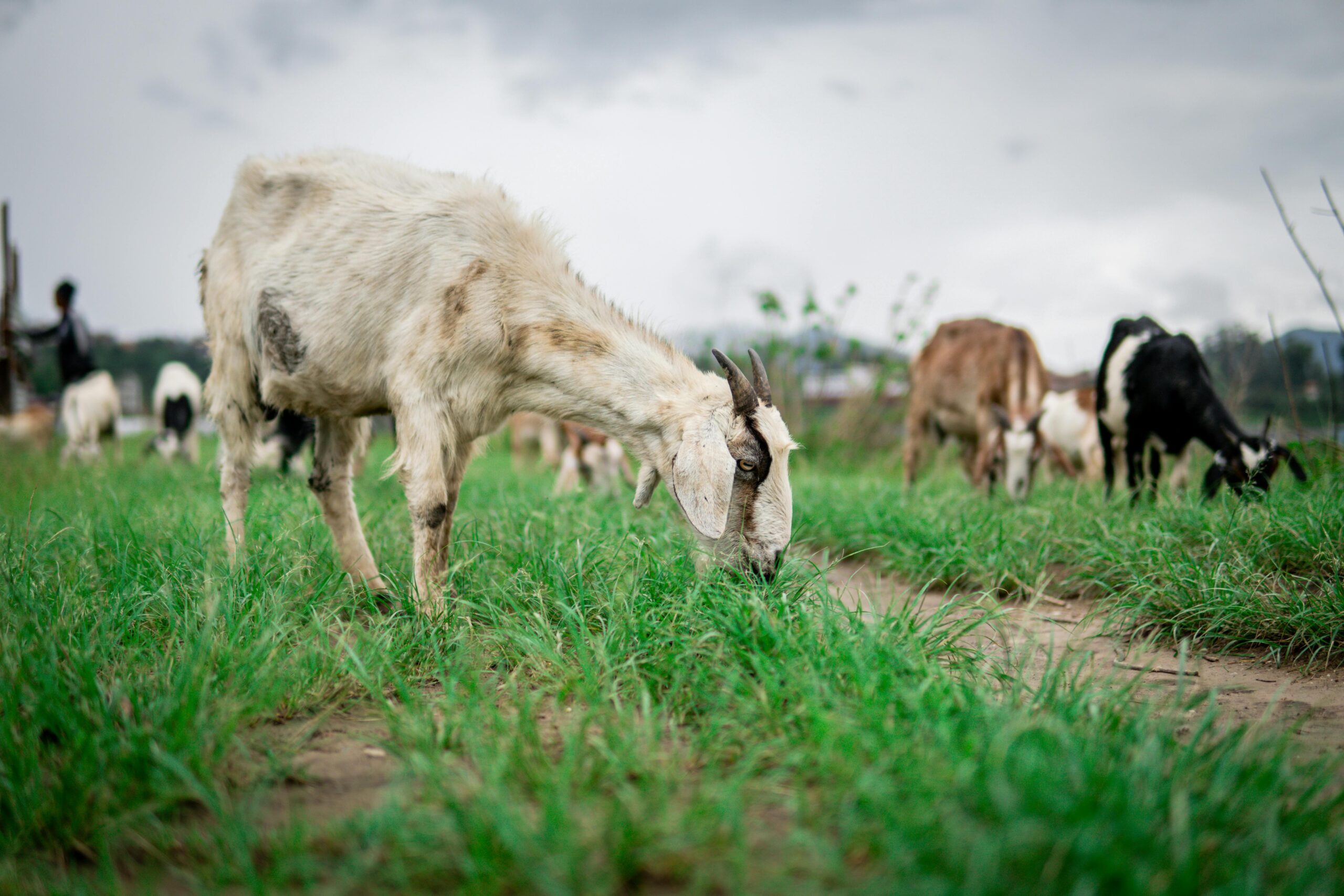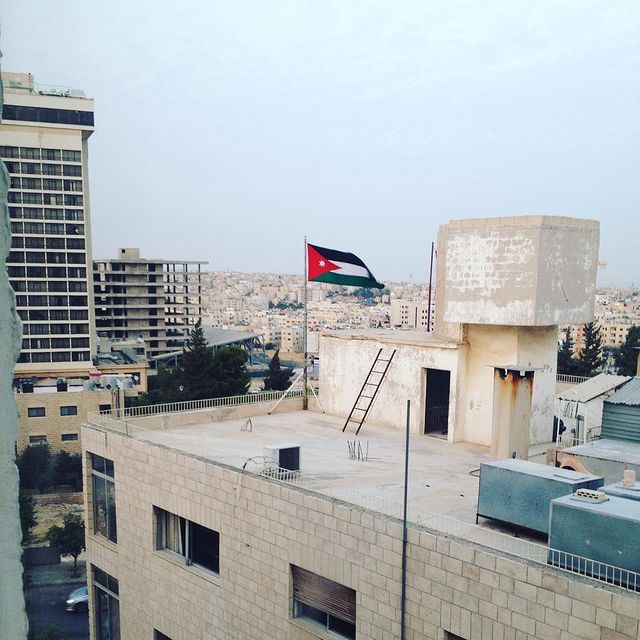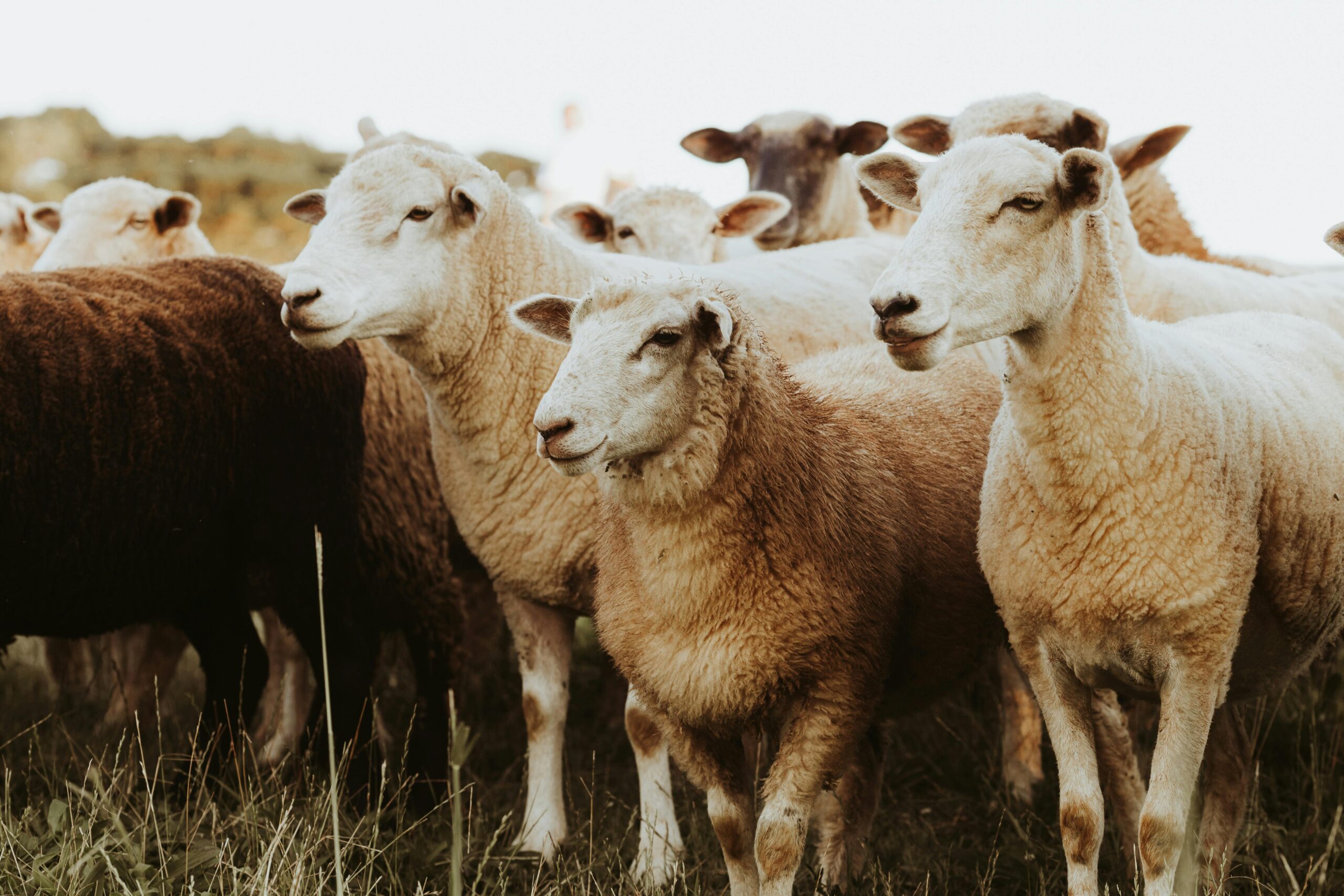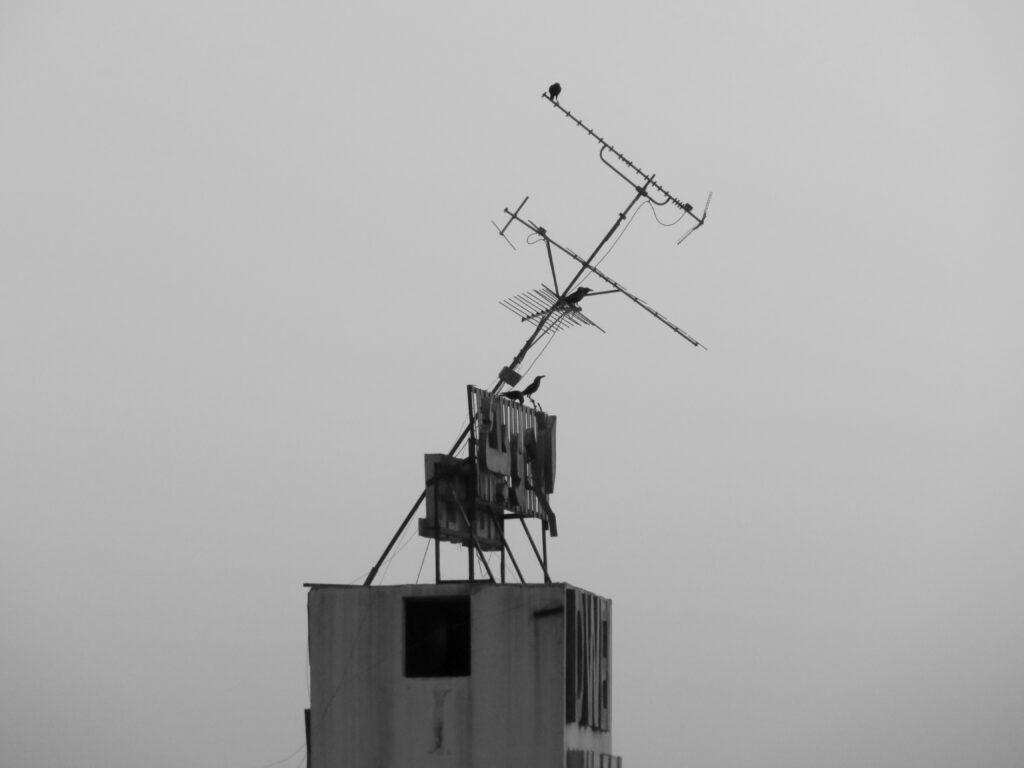This May, contributors featured in The Common’s latest issue, Issue 29, gathered in Amman to read their work. The event was organized by HISHAM BUSTANI, guest editor of the issue’s Amman portfolio, to celebrate the portfolio’s publication by creating a space where these writers could share their pieces aloud. Having translated many of the featured pieces, ADDIE LEAK read excerpts from her work. HALEEMAH DERBASHI, author of the enigmatic essay-portrait of Amman, “Serious Attempts at Locating the City,” was interviewed about the event by the University of Jordan Radio. HUSAM MANASRAH, whose photos artfully capture the practices of various tradespeople in Amman, spoke to Aljazeera after the reading.
Amman Portfolio
Amman: The Heaviness and Lightness of Place
By HISHAM BUSTANI
Translated by NARIMAN YOUSSEF
Amman is not incidental. The sayl, the stream that patiently carved a path between seven hills for thousands of years, drew—as waterways often do—the din of life. It was somewhere close to here that the Ain Ghazal statues were found. Nine thousand years old, captivating in their simplicity, they seem to be about to speak as you contemplate their black-tar eyes, the details of their fine features, their square torsos and solid limbs.
Wandering
By ALA JANBEK
Translated by ADDIE LEAK
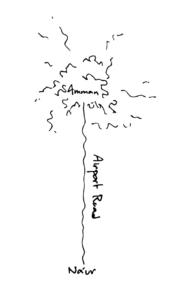
Amman was culture, colorful walls, and distant souqs in the old city where Mama tried to buy everything we needed in one trip. Na’ur was where my grandfather built the mill near a spring, where our home by the hill watches the sun set behind Palestine, far from the chaos of the valley.
Sidewalks of an Anxious City
By HAIFA ABUALNADI
Translated by ADDIE LEAK
Deferred Migration
Amman is a city of deferred migration with no hope of arriving, depression with no hope of recovery, and the scam that is returnees’ dream of connection. Amman isn’t mine. Because I’m the daughter of parents who left for a time.
When I was just a girl in braids, my hair already settled into its center part, I would walk along the beaches of the Gulf near our house in Mina al-Zour, on the border between Kuwait and Saudi Arabia. The Kuwaiti desert stung my feet with its extreme heat and cold. I went to a primary school with only four grades. It had a small pen that held rabbits, two sheep, chickens, and a rooster. On the right side were “barracks” where we had art and vocational classes, and on the left were barracks housing a female nurse and doctor who rarely had office hours. “Home” meant both school and home, and the hugs followed me wherever I went; my mother was with me constantly, day and night. She was a supervisor at the school, and I was her pampered little girl. The other students watched me with envy. My friends were all teachers’ daughters, and we were spoiled: we were given small gifts and made members of the Library Committee, the Scouts, the gymnastics team, and more. The population of Mina al-Zour was scant, so there weren’t many girls at the school.
Goats in Jabal Amman
Translated by MAYADA IBRAHIM
They say that Amman is merely a caravan crossing, and that the spiritual tie between it and its people has been severed. I do not mean the concept of “belonging”—that is a loaded word—but rather the spiritual connection between a person and the city they inhabit. This is the ability to grasp moments from the past to relive them anew, to reflect on memories shared with the city, to feel its streets coursing through them, and to imagine, in a whimsical moment, the city pulling a feather from its pocket to gently tickle them.
Confrontations with Amman: A Love-Hate Relationship
By RANEEM ABO RMAILA
Translated By MAYADA IBRAHIM
A Confrontation with Place: The City Changes, and We Change with It
I walk amid the traffic and the rush of people downtown. Here is where I first came to know the city, or so my memory claims, and I fall for it. Downtown has a “soul” that other parts of the city lack. It reminds me that I, in defiance of the hostile noise, am here, and that Amman the city is also here, attempting, however feebly, to find answers to questions that have long exhausted us. The soul of the place tempers the weight of those questions.
We return, regardless of how much we try to run or hide, to our questions about place and identity. Does the city grow weary of its people? Do we become, in our attempt to understand it and to keep up with it, the victims of place? The city changes rapidly; it loses its characteristics and becomes a stranger to us. Those of us who fear suffocating in our city try again to find familiar things in it. Downtown, whose landmarks begin with the Roman Theatre and end at Al Shamasi1 and Al Kalha Stairs, once formed the identity of the city; today there is only dissonance. Shops, cafés, and the ambition of investors extend across it from every side. It no longer resembles its past; it no longer resembles us.
As for me, weary of walking in the center of town, I try to lean on the first stairs I see. Others around me, fellow tired wanderers, take refuge in the stairs as well. There is no room to rest in this city. It’s as if Amman entangles us in an imminent and predictable trap. It commands us to keep moving while concealing our destination.
Sufi Trance
By MARYAM DAJANI
Translated by ADDIE LEAK
I’m leaving Abdoun after having sushi at Noodasia, heading toward Airport Road. The traffic light in front of me turns red, and all I have to do is step on the brakes… but where are the brakes? Are they on the right, or is that the gas? I’m getting closer to the light, cars are stacking up in front of me, what do I do? Is the pedal on the right or left?!
I wake up.
My car: a room of my own with glass walls open to the world. One that makes me feel free and independent, when, in truth, I’m public property.
Driving isn’t my time for reflection anymore. Ever since I started using GPS for everything—even finding the shortest route to places I know well—I’ve gotten too busy trying to shave a minute or two off the drive to think. Too busy following the blue line.
Serious Attempts at Locating the City
Translated by MAYADA IBRAHIM
When Did Life Flip Upside Down and Make Us Walk on the Ceiling?
I asked him, “Where are we?”
He said the name, then became preoccupied with finding batteries for his portable radio with one hand, and with the other clutching me so that the crowds would not sweep me away.
“What does that mean?” I pressed.
A City in Negative Lights
By AMY ALKHALIFI
Translated by MAYADA IBRAHIM
Fardous Loses Her Mind and Invents a New Future
“At the beginning, it was easy. Customers were in and out all day, and money was flowing,” Fardous the soothsayer says to her neighbor Um Khalid after revealing to her that “business is bad.”
